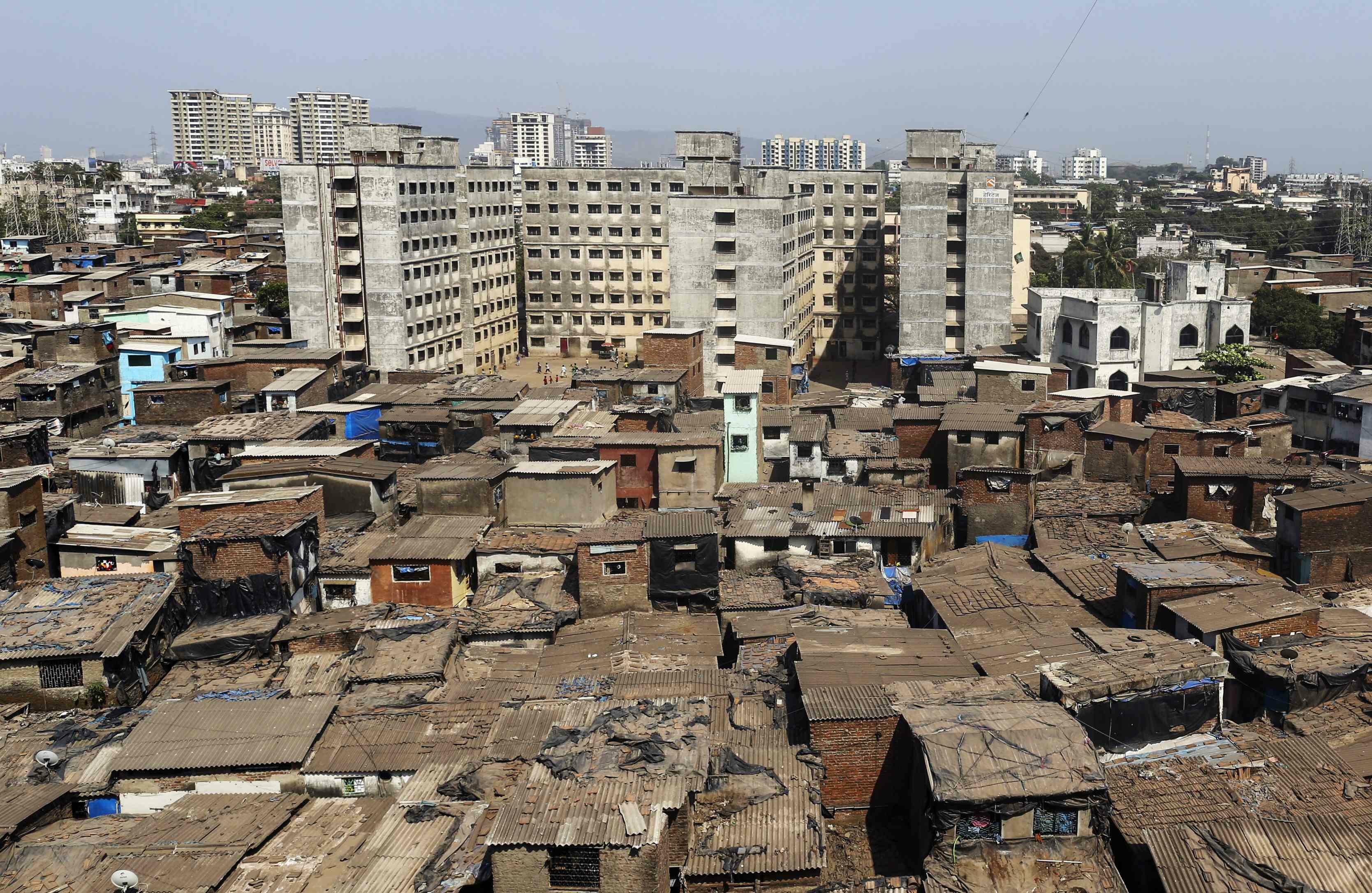
Mumbai: India needs a housing law that is rooted in human rights as bulging cities and rising inequality make housing unaffordable for ever more people, according to a United Nations official.
"India needs an over-arching, visionary and coherent piece of legislation based on human rights," Leilani Farha, the United Nations special rapporteur on the right to housing, said in a report released on Wednesday.
"A national housing law that aims to address growing inequalities and offers a long-term road map is essential."
Farha said this should include policies aimed at the homeless and those living in informal settlements. While India has introduced several schemes to provide homes, she said nearly 60 million households lacked adequate housing.
The government's ambitious 'Housing for All' scheme is lagging its 2022 deadline, and officials are doling out incentives, including subsidised loans, to encourage people to buy affordable homes.
But such schemes focus primarily on home ownership, which may not suit those most in need, including women, religious minorities and indigenous people, Farha said.
A quarter of India's urban population lives in informal housing, including slums, due to the dire shortage of affordable housing, according to social consultancy FSG.
That number is set to rise as tens of thousands of people leave their villages to seek better prospects in the city. About a third of India's 1.25 billion population lives in cities, many in overcrowded slums or on the streets.
Farha also urged India to address homelessness as a human rights priority, with a view to eliminating it by 2030. The government must enforce a national moratorium on forced evictions and demolitions, and ensure there are enough city shelters, Farha said.
There are about 1 million urban homeless in India, according to official data, although charities estimate the number to be three times higher.